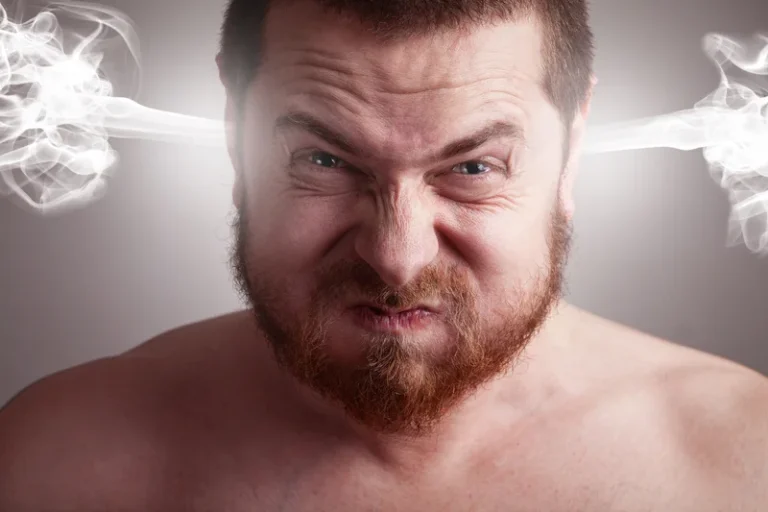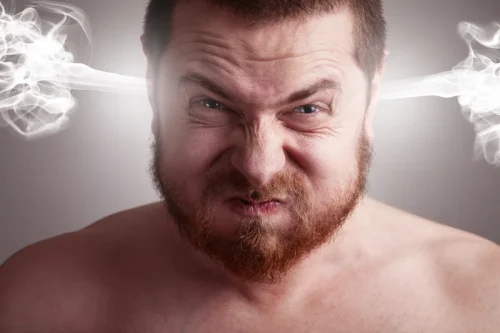
It’s a theory Szalavitz, a science writer and former cocaine and heroin addict, is uniquely equipped to advance and one that may reframe addiction entirely for you. Nic also penned a memoir, Tweak, revealing that as grisly as his father’s nightmares for him were, the reality of his addiction was far darker. Together, the books were adapted into a 2018 film starring Steve Carrell and Timothée Chalamet.
Audiobooks to support you in your addiction & recovery journey
Quit Like a Woman is a sobriety book that delves into the toxic culture of alcohol in society—and specifically, its impact on women. In the book, Holly Whitaker speaks on the irony of a world that glorifies alcohol yet looks down on people who get sick from using it. From her excessive drinking and smoking to disordered eating and falling for the wrong men, Caroline Knapp is seemingly attracted to anything and everything that isn’t good for her. She drinks to cope with life’s difficulties, like the death of her parents, but it’s only after twenty years of dependency that she sees how the “cure” to her stress and anxiety is the real problem. Hepola spends hungover mornings piecing together the missing hours of the nights before and frequently wakes up with unrecognizable men in unfamiliar places. She eventually realizes a life of forgotten times and missing memories is no life at all, and she sets out to find her identity outside of drinking.

Must-Read Memoirs of Mental Illness
In his follow-up to his first memoir, Tweak, which dealt with his journey into meth addiction, Sheff details his struggle to stay clean. In and out of rehab, he falls into relapse, engaging in toxic relationships and other self-destructive behaviors that threaten to undo the hard-won progress he’s made. This book details her 15-year battle with the drug and how she finally what is alcoholism overcame her addiction. This novel is a reminder that no one, not even the people who look the most put together, is immune to addiction. From helping you relax to giving you a glimpse into another’s thoughts, reading can be a transportive activity. In fact, reading is such a powerful tool that books and poems have been used (in conjunction with other therapies) to help heal mental and psychological disorders.

Getting Off: One Woman’s Journey Through Sex and Porn Addiction
Mary Karr’s memoir, set in Boston (Cambridge), chronicles her path toward sobriety with crackling honesty and wry humor as she effectively connects her family dynamics as a child living in a chaotic home to her adult state of perpetual chaos. As a mother, I relate to her story so deeply—our children were the same young age when we stopped drinking. She’s an iconic, witty literary voice, an engrossing storyteller, and this book too is a great study in memoir. If I have any faith now, it’s in literature’s ability to help us redeem even life’s darkest realities by bringing them into the light.
Nicole Graev Lipson Turns to Literature to Rewrite the Societal Roles Expected of Women

She covers why alcohol is so detrimental to a person’s well-being, and how your life and health can blossom without it. Louise Foxcroft chooses her best books on the history of medicine and addiction, looking at medical practices of the past, from treatment of madness and non-existent diseases, to drug use and the origins of hypochondria. Her own book, The Making of Addiction, looks at the use and abuse of opium in 19th-century Britain. We have a handful of interviews devoted to books about addiction.
Although she makes faltering progress in building a simulacrum of grown-up life, her relationship with alcohol—“I had an appetite for drink, a taste for it, a talent”—steadily overtakes everything. By the end of her drinking she is reduced to crouching best addiction memoirs on a stairwell outside her apartment, glugging whisky with her one-year-old son and failing marriage inside. But even more than how it captures the bleakness of alcoholism, what I most value in this book is how she narrates her recovery with such brutal honesty.
Get Exclusive Giveaways and Book Recommendations from Celadon
- The result was a tale whose bracing darkness is ultimately redeemed not by its perfunctorily hopeful ending but by the extraordinary force and beauty of its telling.
- “At seventeen Lori Schiller was the perfect child-the only daughter of an affluent, close-knit family.
- “This raw, darkly comic series of astonishing vignettes is Emily Colas’ achingly honest chronicle of her twisted journey through the obsessive-compulsive disorder that came to dominate her world.
- In it, Annie talks about her own experiences with addiction while keeping things deeply relatable to anyone who’s questioned alcohol’s role in their life.
- It Was Me All Along is the brutally honest story of how Mitchell lost half her body weight without sacrificing the satisfaction of a good meal.
His first full-length memoir follows him from a seemingly endless rock bottom to a passion for running that leads him out of a life of self-destruction and chaos. It’s an inspiring and, at times, unbelievable tale told with unflinching honesty and a heavy dose of self-deprecation. I really liked this book because it focuses a lot on her spiritual crisis and how it related to her alcoholism. She is a Christian, as am I, and I often battled in my head with being a Christian and being an alcoholic. Eventually my faith brought me to my knees and I began my journey of sobriety after having a spiritual experience. Sarah’s writing is sharp and relatable; a more recent, modern voice in the recovery space.
From inspirational bestsellers to celebrity memoirs, these tales of addiction and recovery offer advice, encouragement, and tips to help you face the challenges of sober living head-on. But in my search for new recovery memoirs to read, one thing that has stood out to me on these lists of memoirs is that there are limited titles that are authored by Black people in recovery. Gain practical knowledge in this science-based work by clinician and psychiatrist Adam Bisaga. In this work, Bisaga explains why opioid addiction requires a unique treatment approach compared to other drug dependencies. The book also details various methods of treatment for opioid addiction and how to select the right method for yourself or a loved one.
Quit Like a Woman by Holly Whitaker
In it, he confronts the fuzzy parameters of truth as it pertains to memoir by acknowledging his supreme unreliability as a narrator and reporting his own story out by interviewing over 60 people who dealt with him during his darkest days. While the book does end with a fairly typical recovery arc, Night of the Gun is unusual in how directly it deals with the idea of truth coming from one person. Carr’s investigation into his past self also reveals a dark side that is shocking even by the grisly standards of addiction memoirs; he beat women. With a reputation for hilarious honesty, as read in previous memoirs detailing her struggles with everything from mental illness to single life, Bryony Gordon is true to form in this detailed account of her alcohol-fueled downward spiral. Bryony puts her family, career and future at risk before a stint in rehab, loads of AA meetings and self-discovery help her to become a mother, partner and person she can be proud of. The second major problem for anyone writing an addiction memoir—and it’s often connected to the first—is how to conclude it.
